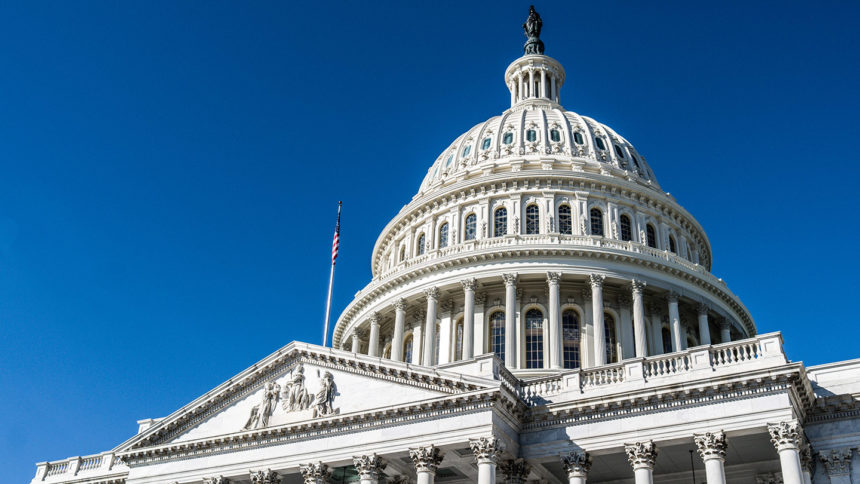(Credit: Phil Roeder / Getty Images)
The Build Back Better Act holds the promise of investments in the aging services workforce, affordable senior housing, and home- and community-based services. On Tuesday, the long-term care industry called on Congress to adopt these priorities “without shaving off one dollar.”
LeadingAge, along with several aging services and workforce research organizations, issued an “urgent appeal” to senators on Tuesday to maintain — or expand — historic investments in the sector included in the House-backed BBB Act.
Calling it “the most important legislation in a generation for older Americans,” LeadingAge President and CEO Katie Smith Sloan said that the bill has the potential to “significantly impact the lives of today’s older adults.”
“The stakes could not be higher for older adults and their families who need help now,” Sloan said, adding that the public conversation about BBB virtually ignores older adults. “The COVID pandemic made clear the tragic human consequences when we ignore the needs of older adults,” she said.
Incoming LeadingAge Board Chair Mike King, president and CEO of Volunteers of America, delivered a recorded message saying that aging services workers are in the trenches and “winning that battle.” But he said that the sector needs the investments in the bill, which has the potential to change the lives of older adults and their caregivers.
“What happens in the next few weeks will determine whether millions of adults can access the care they need as they grow older,” Sloan said.
‘Life-threatening’ challenges
PHI Vice President of Policy Robert Espinoza said that the long-term care sector is experiencing “life-threatening recruitment and retention challenges” because direct care jobs are often poor in quality and low in pay.
Due to increasing demand and high turnover rates, the long-term care sector, he said, will need to fill 7.4 million direct care jobs between 2019 and 2029.
“How will employees ever fill these jobs unless they dramatically improve?” Espinoza asked. “Poor-quality jobs in direct care means that workers can neither survive, nor can they stay in these roles. When jobs aren’t filled or workers constantly turn over, older adults and people with disabilities see the quality of their care go down.”
The bill would address those problems head on by making significant expenditures on HCBS and improved compensation for workers, Espinoza said. But he added that investments also are needed in workforce recruitment, retention and development.
VOA Executive Vice President of Communications and Policy Jatrice Martel Gaiter called for a “deep concentration” on the direct care workforce, as well as the Section 202 Supportive Housing for the Elderly program. As one of the largest affordable housing providers in the country, the VOA is facing many issues laid bare by the pandemic, including staffing shortages and five-year-long wait lists for housing, she said.
Sloan called on Congress to “at least double” the investment in affordable housing for low-income older adults to meet the growing demand.
National Caucus and Center on Black Aging President and CEO Karyne Jones called the bill the “most important investment in human dignity that gives older people peace of mind and a commitment to their well-being.”
Jones said that the BBB is a “true commitment” to affordable housing for millions of older adults and includes investments in service coordinators, who provide counseling and referral for older adults to remain involved, active and contributing to their communities.
National Council on Aging Chief Advocacy and Engagement Officer Kristen Kiefer called aging with dignity a social justice issue.
“Aging well is something everybody deserves,” Kiefer said. “Build Back Better is a step toward equity in aging — ensuring everyone can live and age with dignity in a place they call home.”


